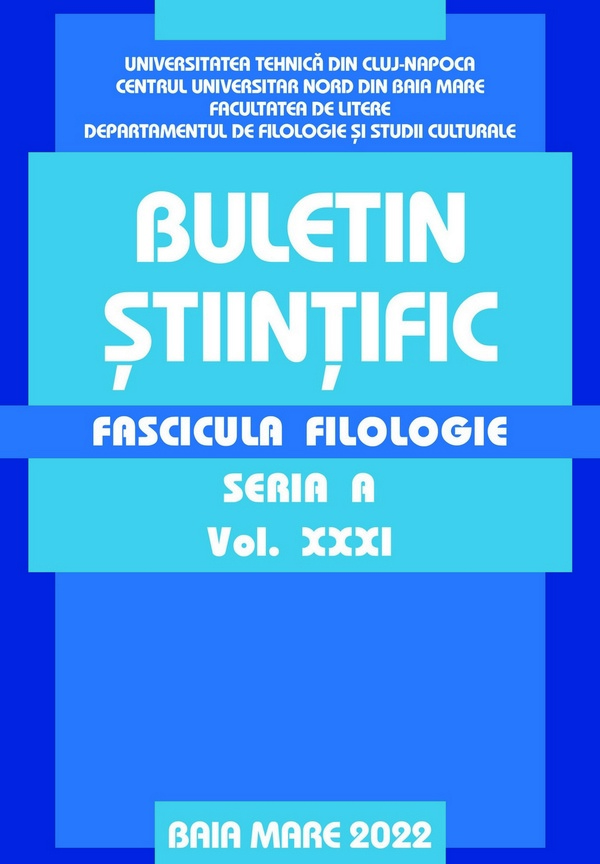Creating Meaning through Apparent Lies and Irrelevant Facts: One-Way Messages Analysed from the Point of View of Grice’s Conversational Principles
Creating Meaning through Apparent Lies and Irrelevant Facts: One-Way Messages Analysed from the Point of View of Grice’s Conversational Principles
Author(s): Anamaria FălăuşSubject(s): Language and Literature Studies, Theoretical Linguistics, Pragmatics
Published by: Editura U. T. Press
Keywords: communication; implicature; maxim of manner; maxim of quality; maxim of relation;
Summary/Abstract: According to Stephen Levinson, the notion of conversational implicature, often referred to simply as implicature, “is one of the most important ideas in pragmatics” (Levinson 1983:97). The key points were proposed by Paul Grice in his lectures delivered at Harvard in 1967 (Levinson: 1983: 100) in which he elaborated on four basic maxims or general principles underlying the efficient co-operative use of language. The aim of this paper is to try to apply Grice’s maxims to the data collected (i.e. the messages written on some of the placards used by the protesters in Romania in 2017, during one of the most critical political crisis in the history of this relatively young/fragile democratic state), and see whether their flouting can really create the desired, intended meaning.
Journal: Buletin Stiintific, seria A, Fascicula Filologie
- Issue Year: XXXI/2022
- Issue No: 1
- Page Range: 33-48
- Page Count: 16
- Language: English

